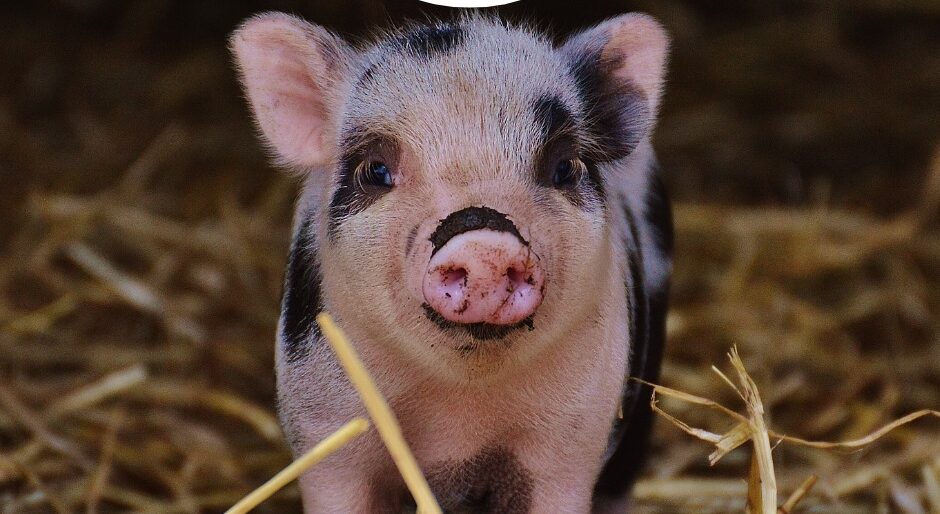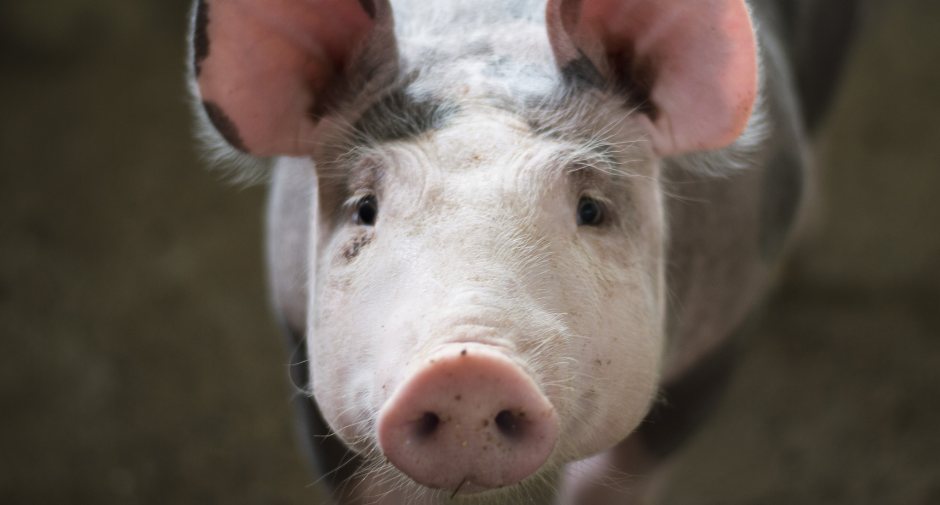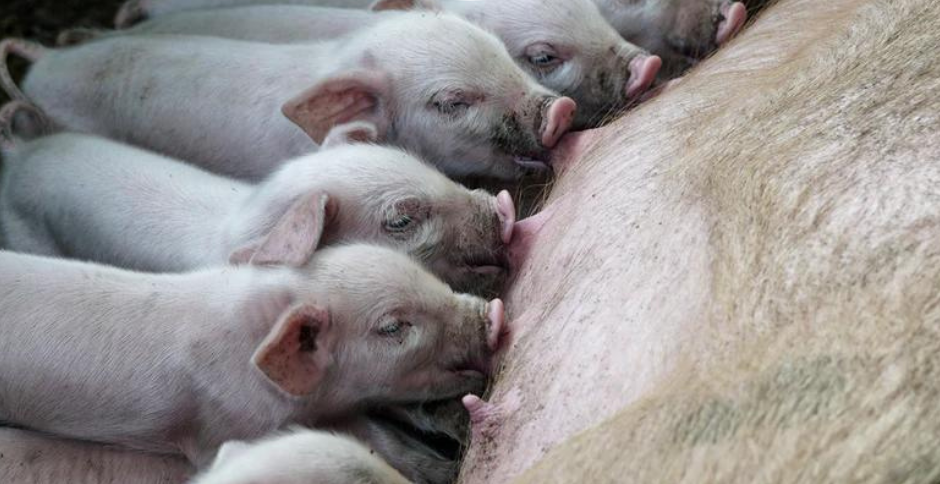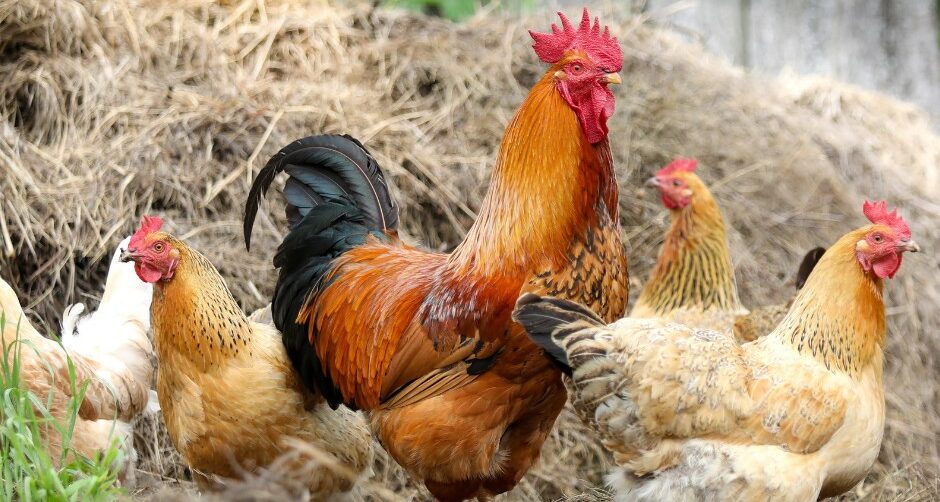Because of a number of factors, egg production in the Philippines reached new record highs in 2020, with an increase in poultry players entering the market. The country reached a production of over 605,000 metric tons, approximately 22,000 metric tons more than 2019.
This happens along with an increasingly scarce supply of poultry, adding pressure to the government to ease importation bans on poultry products. These factors all contribute to higher costs for producers, and a greater need to maximize the performance of existing players to improve product quality despite existing challenges.
Read the rest of the report from Poultry World here:
https://www.poultryworld.net/Eggs/Articles/2021/3/Philippines-reaches-record-high-egg-output-in-2020-726509E/?fbclid=IwAR3ZDOtkiMtZ-E20E9maTFeLaC9xnCIA9x_oDtfi7UE7pzoUlyxhK2zbNCI
 ultrabio_admin
ultrabio_admin
ASF Vaccine News
(Previously posted on the UBC Facebook page)
The International Livestock Research Institute is making strides in creating an answer to the African Swine Fever virus (ASF), which has taken an extremely heavy toll on swine farms in the Philippines. Their method, which involves editing ASF genes in order to be able to develop a vaccine. The initiative, which started in 2016, has produced several promising candidates.
“There are seven to ten candidates, on a variety of stages,” said Lucilla Steinaa, one of the scientists heading the project. The tests are ongoing, with the hope being that a successful candidate vaccine can be determined and produced in 2022.
There is a pressing need for a vaccine. The virus is present in Africa, Asia, and Europe, with the Philippines being hit particularly heavily due to our strong demand for pork and pork products. Many farms have already shut down in many areas in the country, increasing prices dramatically, and opening the doors to imported pork–a stopgap measure that further hurts local production.
Read the whole story here:
https://www.intouch-intelligence.com/start-here/scientists-using-gene-editing-tool-to-develop-asf-vaccine?fbclid=IwAR2LTOdNim-xUkhGXTaNiR2sWJ-P08TE2KzLFDWZCaBIaonmuy-hCIxK798
Local Group Urges Reconsideration of Pork Tariff
The United Broilers and Raisers Association (UBRA) sent a letter to the Senate expressing that President Duterte’s Executive Order 18, imposing tariff cuts in imported pork, was useless in keeping the country’s pork prices low. The group showed that imported pork rose to 38.024 million kilos in Q1 2021–an alarming 254 percent from Q1 2020.
Ubra also noted that the price of imported pork was not significantly cheaper compared to existing prices, strengthening their point. This brings into question the point of decreasing revenue generated by lowering tariffs on imported pork. The country continues to suffer the effects of African Swine Fever, and are in desperate need of better-suited interventions to deal with the situation.
Read the rest of the story via the Manila Times here: https://www.manilatimes.net/2021/04/19/business/business-top/groups-contend-over-pork-tariff-issue/865504/?fbclid=IwAR3Ip3Nw_PBL_vIM-ll4lmH97oFfusV1JZSh_3KY18shAGC5hcu4c9qKV-0
From the archive: ASF Vaccine to begin Roll Out in August
(Previously posted on the UBC Facebook page)
Right on the heels of testing in 10 locations locally, the Bureau of Animal Industry (BAI) and the Department of Agriculture (DA) have started plans of rolling out the vaccine against ASF in August.
While some testing remains, including blood sampling, and administering the vaccine to ASF-positive swine to check the results, hog raisers all over the country are eagerly awaiting what could be the solution to the epidemic that has ravaged the Philippine pork industry. There is yet no definite date as to the broad rollout of the vaccine.
Read the rest of the report here: https://www.feedstrategy.com/africa/philippines-prepares-to-launch-asf-vaccine/
Staying Competitive amidst the ASF Epidemic
Africal Swine Fever (ASF) continues to put extreme strain on local swine production, and to fill the demand, the country is relying more and more on imported pork. Tariffs have been lowered, and the market is more than willing to pay to keep mouths fed.
Even before the ASF problem however, pork production overseas has been cheap compared to locally produced meat due to a number of factors. Lower costs or feed raw materials, better production methods, and a climate that’s more suited to raising swine all get passed on to the final price of the product. As of June this year, the Genesus Global Market Report shows that the price (live weight) per Kg of pork is approximately PHP 120 in China, PHP 100 from the US, and a staggering PHP 86 from Spain. Local prices are closer to the PHP 220 mark. Spain and the US are leading sources of our imported pork at over 66 million and 34 million kilograms respectively from January to June of this year, as per the BAI-NVQSD report. With the low production cost and low tariffs imposed on exporters, local producers have two beatles to fight: ASF, and overseas competition.
Competition is extremely difficult given the advantages overseas producers have, but locally running a farm that delivers quality pork and creates generous profit isn’t impossible. It comes down to processes that optimize production. Challenges particularly our warm, humid tropical climate which isn’t conducive to pig growth, cannot be changed. The heat stress and oxidative stress that follows is a given for hog raisers in the Philippines, but it’s by no means impossible to overcome. It comes down to a matter of delivering the correct nutrients and cellular building blocks in the proper amounts to allow the animals to be able to cope with the stresses that surround them, be it heat and oxidative stress, or pathogenic challenges such as ASF, or bacterial infections.
To be and remain competitive, it’s all about increasing farm efficiency. Whether it’s from what feed is supplied, to processes that cover biosecurity and growing efficiency, it’s all about maximizing performance to maximize profit.
Contact us at Ultra Bio Corporation so we can help you compete in the local market.
(Photo by Kameron Kincade on Unsplash)
Avian Flu Spotted in China
Sources in China reported the presence of a virulent strain of Avian Flu in the northeastern province of Liaoning in April. The H5N6 strain was detected in wild birds at a forest park, with 11 dead by the disease. In an effort to prevent the spread of H5N6, some 280 birds were culled. Previously, H5N6 was found present in a poultry farm in Sichuan.
https://www.reuters.com/world/asia-pacific/china-reports-h5n6-avian-flu-wild-birds-liaoning-2021-04-12/?fbclid=IwAR121FWJk_J39givlYPg2k6pJKctusGWMG-mEXPzdFtmwVHuA68qD2Cpt6Y







